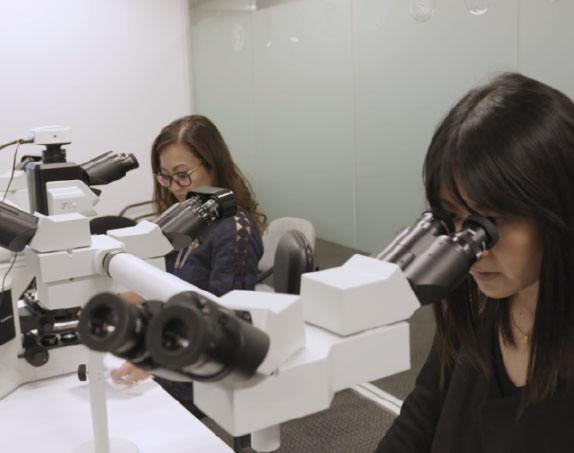Pathology is the engine room of healthcare
Pathology is the engine room of healthcare. The people who work in pathology laboratories and other settings are as much a part of your healthcare team as if they were in a General Practitioner’s office or on the hospital ward with you. Yet, a lot of people aren’t quite aware of what pathologists and medical scientists do in a detailed and practical sense. There are also many different types of pathology, so a pathologist’s daily tasks and procedures can differ vastly on that basis.
What Does A Pathologist Do On The Daily?
A pathologist is a medically qualified doctor, although most pathologists do not see patients directly. On the daily, a pathologist will study the cause, nature and effect of a disease or condition by looking at samples of a patient’s blood, body tissues or fluids. They may be able to estimate the course a disease will take based on test results. Pathologists and medical scientists provide doctors and other healthcare professionals with the information that is most needed to inform the appropriate diagnosis and treatment. They may be consulted during surgery and may sometimes stand by during surgery to test specimens taken from a patient’s body.

What Are The Various Types Of Pathology?
Pathology is a wide field that has nine different subtypes: Anatomical Pathology, Chemical Pathology, Genetic Pathology, Forensic Pathology, General Pathology, Haematology, Immunopathology and Microbiology. You can find out specific details on these via the Royal College of Pathologists of Australasia website.
There is a different focus for each subtype. For example, Anatomical Pathology deals predominantly with the tissue diagnosis of disease; whereas Chemical Pathology encompasses detecting changes in a wide range of substances in blood and bodily fluids in association with many diseases (as well as detecting and measuring hormones, cancer markers, poisons and drugs).
